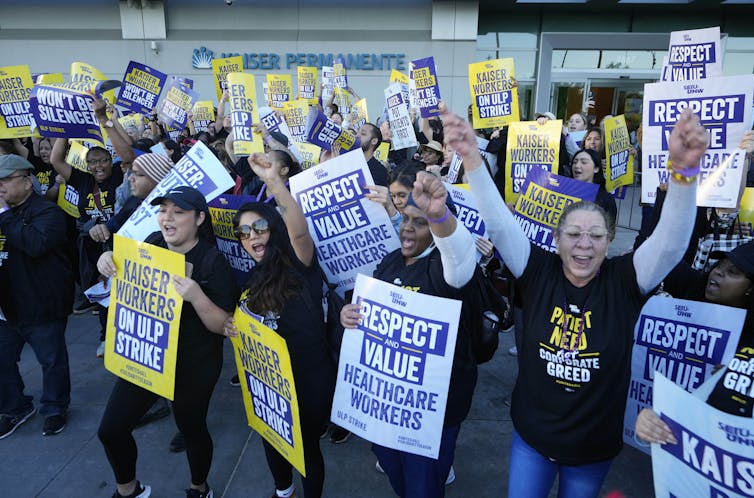Data released by the Centers for Medicare & Medicaid Services show that 4,633,650 residents signed up for insurance coverage through the Marketplace by the end of 2024.
Nationally, CMS reports that 23.6 million people enrolled for 2025 coverage, including 3.2 million new consumers. Total enrollment is record-breaking, CMS said in a statement.
Four insurance companies and 12 health maintenance organizations (HMOs) are participating in the Florida Marketplace, the Florida Office of Insurance Regulation website shows. HMO coverage is regional and people must live in the area an HMO is authorized to operate in to enroll in the managed care plan.
The Marketplace is a centerpiece of the Affordable Care Act, often referred to as Obamacare. President-elect Donald Trump has vowed to repeal the program but has offered no details.
“The Affordable Care Act health insurance marketplace and reforms have proven to be successful and critically important for millions of Americans and their families,” Health and Human Services (HHS) Secretary Xavier Becerra said in a prepared statement. “Every American should have access to quality, affordable health care — and thanks to the ACA, they do. The Affordable Care Act now stands along with Medicare, Medicaid, and Social Security as one of the most consequential social programs in the history of our nation.”
The CMS data does not show how many of the Florida consumers are new enrollees versus returning customers. But with 4,633,650 people enrolled, the data show that Florida leads the nation in enrollment. Rounding out the top three states for the most enrollment is Texas and California with 3,861,244 and 1,895,558 enrollees, respectively.
“Help is still available”
“We can’t lose sight of what’s behind our tremendous, record-setting progress: Millions of individuals and families who now have a critical connection to the lifeline of health care coverage,” said CMS Administrator Chiquita Brooks-LaSure. “To the millions more who may still need coverage: Don’t delay. Help is still available, including tax credits that have made coverage more accessible by reducing the barrier posed by high costs.”
Open enrollment for 2025 health insurance coverage began Nov. 1 and runs through Jan. 15. Health insurance coverage took effect Jan. 1 for consumers who enrolled by Dec. 15. Health insurance coverage takes effect Feb. 1 for those who enroll by Jan. 15.
Although Republicans in Florida have not expanded Medicaid to lower-income childless adults as the ACA allows, the federal health law is popular with residents who annually have flocked to the marketplace for health coverage. President-elect Donald Trump has promised to repeal the ACA but has provided no details.
“Nearly 24 million people, a record number, have signed up for Marketplace coverage — and the Open Enrollment Period is not over yet. The Affordable Care Act health insurance marketplace and reforms have proven to be successful and critically important for millions of Americans and their families,” said Becerra.
This article originally appeared in the Florida Phoenix on January 8th, 2025
Please support the news you can use and visit The Brooks Blackboard's website for more news!




.png)

.png)
.png)
